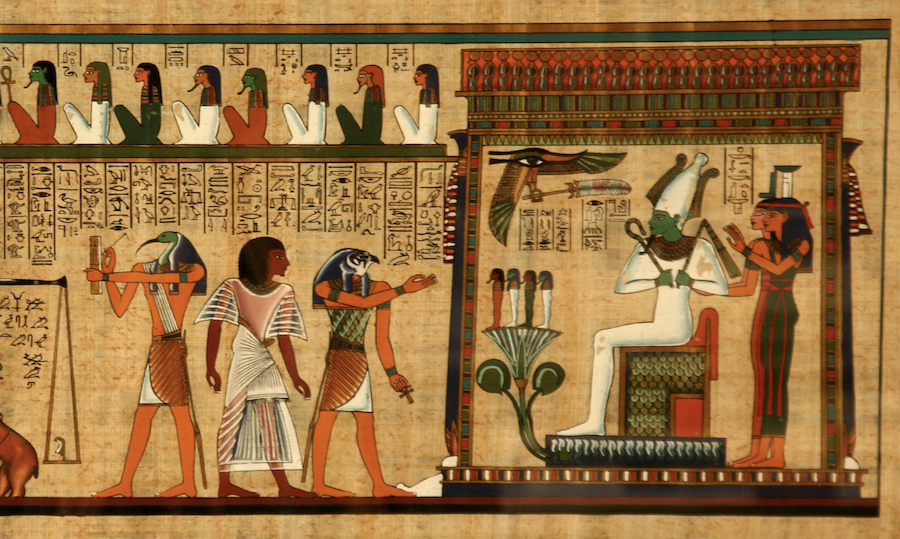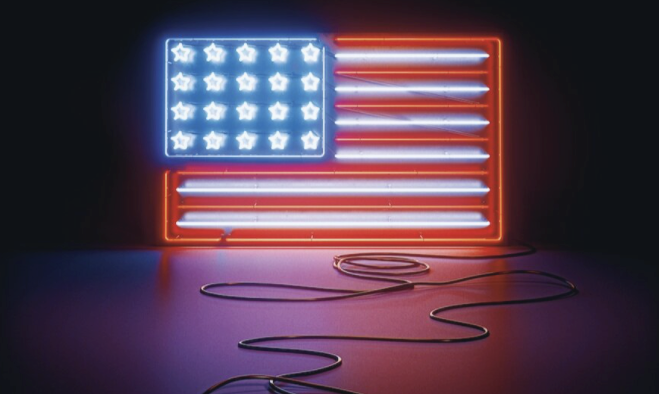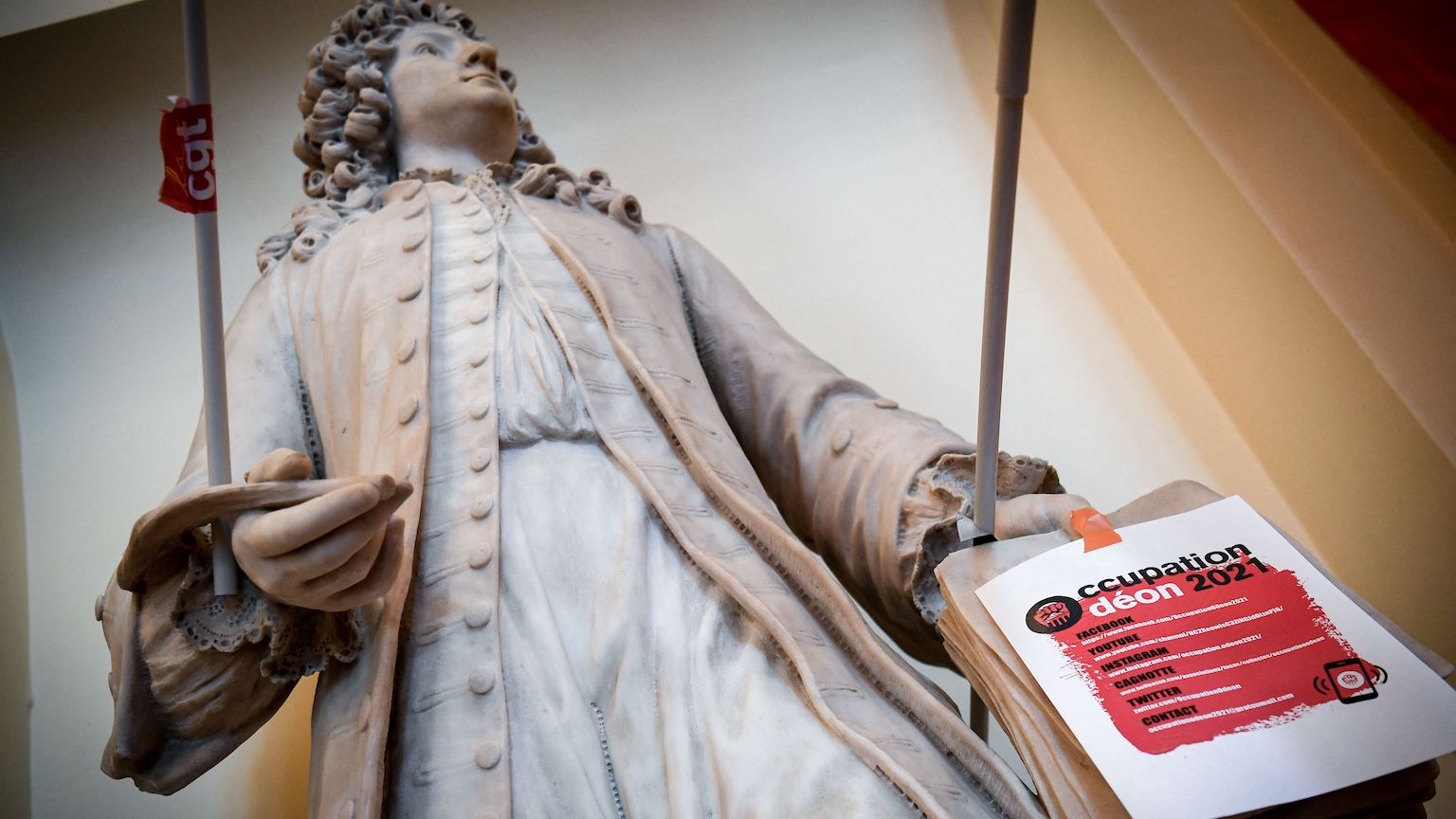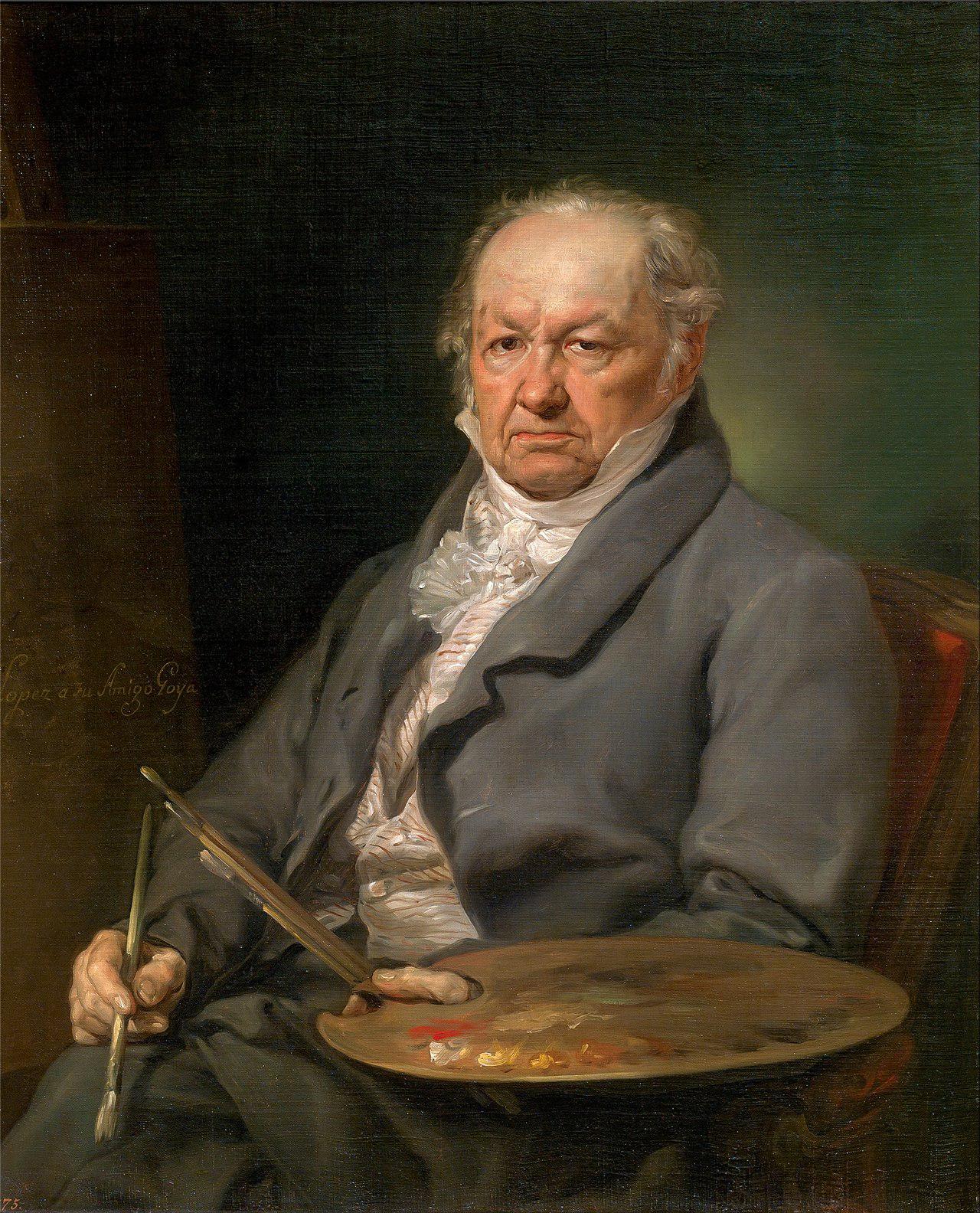Michael Eric Dyson: Dr. King’s Last Speech
Michael Eric Dyson: Well, it was- there were notes that were found in the effects of Dr. King. Once he was murdered on that desolate balcony in Memphis where this ultimate American prophet met his end and as he lay dying on the concrete, his feet stuck through the banisters, if you will, of the balcony-- One observer said it was like he was bicycling, his eyes thrust in to the back of his head. That report rang across the Memphis sky and across that parking way with lethal intensity and of course venomous accuracy, finding its goal and message exploded inside his neck, and the coagulating blood was scooped up by Ralph Abernathy who extracted a cardboard from a laundered shirt and put it in to a jar saying, “This is Martin’s blood shed for us.” Jesse Jackson put his hands in that blood and wiped them on his shirt because there is something about the ritual of transmission of power and efficacy through blood that in one sense winds itself throughout the discourses and rhetorics and theologies of American Christianity and also the kind of collective secular soul like Abraham Lincoln and others. When that blood is shed, JFK when that blood is shed, Bobby Kennedy when that blood is shed, maybe not physically but mentally there is a transmission of power, and there physically they sought to consume that. Well, among his effects that day were found not only a pack of cigarettes and they wanted to remove those because he couldn’t be a good role model and people- they didn’t really want folk to know back then, 1968, that Dr. King smoked, but also there were notes for a sermon to be preached the next Sunday entitled Why America May Go to Hell. So Dr. King of course, had U Tube been around he might have been demonized as an anti-patriot, un-American who had somehow subverted his earlier promise by relinquishing the rhetoric of appealing to the conscience of white Americans in deference to the notion now that we must aggressively pursue nonviolence, speaking out against the war in Viet Nam, speaking out against political and economic inequality and social injustice. That King is somebody that we don’t favor. He’s not cuddly and warm and fuzzy. He’s a sharp, brutal critic of American foreign and domestic policy and his memory judges what goes on. So in that sense Dr. King was a much more radical figure than we’ve acknowledged.
Recorded on: May 16 2008





